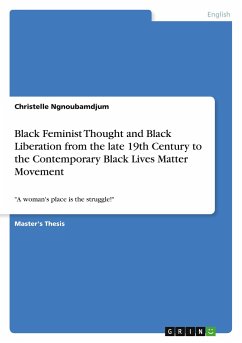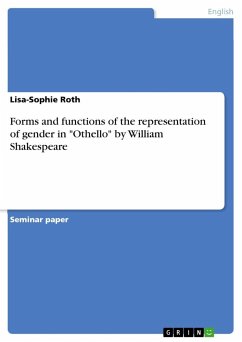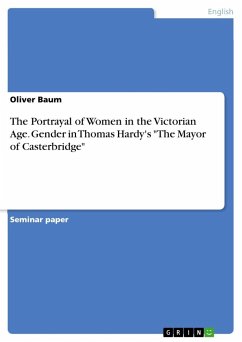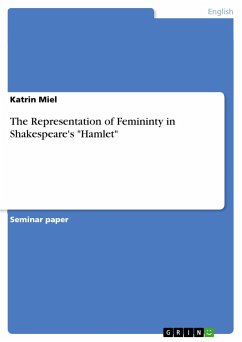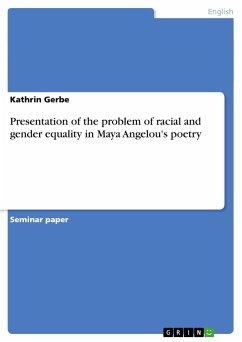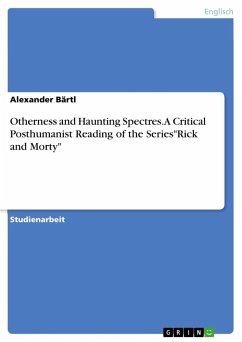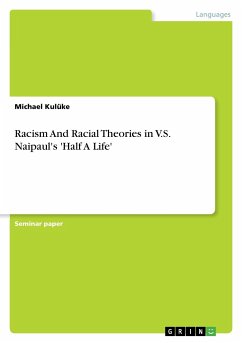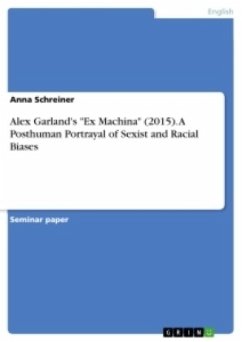
Alex Garland's "Ex Machina" (2015). A Posthuman Portrayal of Sexist and Racial Biases
Versandkostenfrei!
Versandfertig in 1-2 Wochen
15,95 €
inkl. MwSt.

PAYBACK Punkte
0 °P sammeln!
Seminar paper from the year 2020 in the subject English Language and Literature Studies - Literature, grade: 1,0, Saarland University, course: Proseminar Posthumanism in Contemporary British Literature and Culture, language: English, abstract: In this paper, I will analyse the representation of the gendered and raced androids in Alex Garland's science-fiction dystopia Ex Machina (2015), providing a close reading through a feminist lens, and critically reflecting upon the construction of their posthuman identities in a gendered and raced human-like body. I argue that, even though the film may h...
Seminar paper from the year 2020 in the subject English Language and Literature Studies - Literature, grade: 1,0, Saarland University, course: Proseminar Posthumanism in Contemporary British Literature and Culture, language: English, abstract: In this paper, I will analyse the representation of the gendered and raced androids in Alex Garland's science-fiction dystopia Ex Machina (2015), providing a close reading through a feminist lens, and critically reflecting upon the construction of their posthuman identities in a gendered and raced human-like body. I argue that, even though the film may have some subversive aspects regarding its representation of patriarchal power structures, it fails to dismantle certain sexist and racial stereotypes, but instead contributes to their solidification by assigning them to the posthuman subject. This visual portrayal of discrimination against women and especially non-white women in a system that privileges men and white people is not only a reflection of prevalent socio-cultural and political conditions, but also the cinematographic result of the white patriarchal system itself, whether it be with regard to the film's literary design as well as its mise-en-scène and cinematography. In order to prove my point, I will rely on Laura Mulvey's essay "Visual Pleasure and Narrative Cinema" (1975), extending it to the representation of racial difference, since "gender intersects with race, class, ethnic, sexual, and regional modalities of discursively constituted identities".With advancing technology, artificial intelligence continues to be portrayed in literature and visual culture, affecting our current and future views of the human, as well as those of "the posthuman". This subject is "the figure" of Critical Posthumanism, a theoretical approach trying to discuss the question "what it means to be human" and functioning "like an anamnesis and a rewriting of the human and humanism". One of its key components, as Rosi Braidottipoints out, is to question the traditional view of Humanism, which places a European, male and white ideal at the core of the universe.



